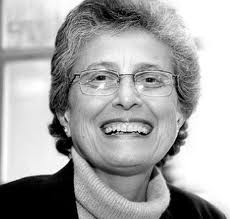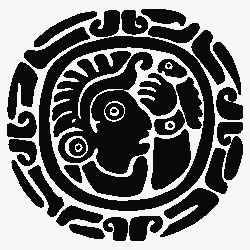
Ivone Gabera, a Latin American theologian whose writings are deeply influenced by her work with poor women in Brazilian slums, will participate in a March 28 roundtable at Vanderbilt University on liberation theology.
“Ecology, Gender and Liberation in Brazil,” which is free and open to the public, will be at 4:10 p.m. in Buttrick Hall, Room 123.
Gebara, author of Longing for Running Water: Ecofeminism and Liberation (Fortress Press, 1999), is a professor at the Theological Institute of Recife and a Brazilian Sister of Our Lady. The other panelists are Beth Conklin, associate professor of anthropology; Marshall Eakin, professor of history; and Fernando Segovia, the Oberlin Graduate Professor of New Testament and Early Christianity.

The lecture is sponsored by the Center for Latin American Studies at Vanderbilt, which is hosting a series of events this year to examine the impact of liberation theology on Latin American society and politics. Gebara will spend two weeks on campus as one of the center’s visiting resource professors.
Liberation theology, which places a strong emphasis on Christian churches aiding the poor and oppressed through political and civic involvement, began in the 1960s in Latin America.
Gebara writes from an ecofeminist perspective that sees strong connections between environmental destruction and the oppression faced by women in Brazilian slums who lack adequate health care, safe drinking water and other services that many take for granted.
A reception will follow the panel discussion. For more information, call 615-322-2527.